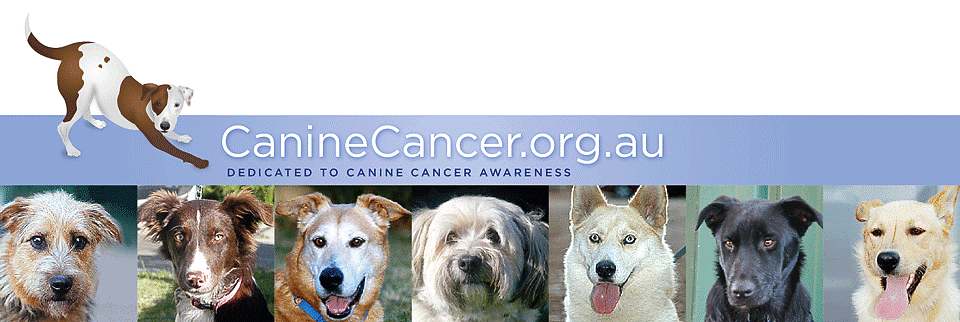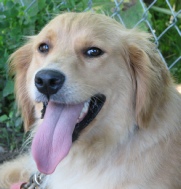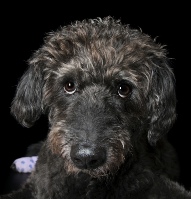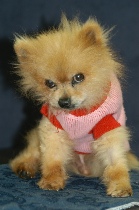
Copyright © 2013 CanineCancer.org.au All rights reserved.
About
In October 2009, one of my dogs Frodo, was diagnosed with cancer. I had woken up one morning and he had a lump on his head the size of an egg. He was only four years old. He was an otherwise healthy, energetic dog, who liked nothing more than playing with his mates.
Statistically speaking, one in three dogs in Australia will eventually succumb to cancer. I have encountered many people since that time who have pets that have either had or have cancer.
In my experience few have known what type of cancer their dog has had. In most cases it has been generalised as “cancer.” More often than not, there has been no pathology to confirm the cancer type, or the grading and staging. Discussion with owners often indicates diagnosis has been done by a vet on physical examination, often using supported data which indicates some cancers appear to be more common in certain dog breeds. The only accurate method of diagnosis is with pathology testing.
There are ways that owners can help with research, which will benefit our canine companions in the future. I have discovered there are many different trials going on both in Australia and overseas. As dog owners, we can make the decision to help with these and it is often as simple as supplying a blood sample, once we know who is needing what samples.
I have done a lot of research on cancer since Frodo was diagnosed and have found it difficult to find accurate and reliable information. Even more difficult to find a site that has a comprehensive overview on the topic. Most of what I have read seems to come from overseas and not from Australia. One of the aims of this site is to educate people on canine cancer, in a simple and easy to understand manner. There are many things of which all dog owners should be aware.
I am fortunate that I still have Frodo. My decision to use a specialist oncologist was the best decision I could have made. Had I not done this, I firmly believe Frodo would not be with me now.
I have learnt many things over the years. I am hoping to pass on this knowledge, a lot of which has been gained because the experts have given me their time, in the hope that the lives of other dogs might be saved. The more owners can understand the subject, the more likely it will help them make the best choices for their dogs.
 My name is Frodo and you can read my cancer story on the forum
My name is Frodo and you can read my cancer story on the forum
If you have a story, add yours on the forum

Comparative Oncology
Many types of cancers which occur in our dogs are the same as those that occur in humans. Treatments such as chemotherapy and radiation are similar to what humans receive.
Comparative oncology is the study of naturally occurring cancers in our dogs to better understand and treat cancer in humans.
Veterinary oncologists study environmental and genetic risk factors, develop and optimise novel cancer and gene imaging and evaluate theraputic strategies for cancer.


